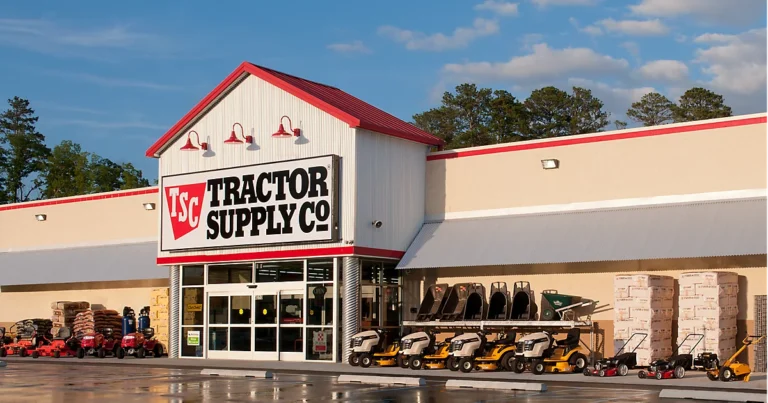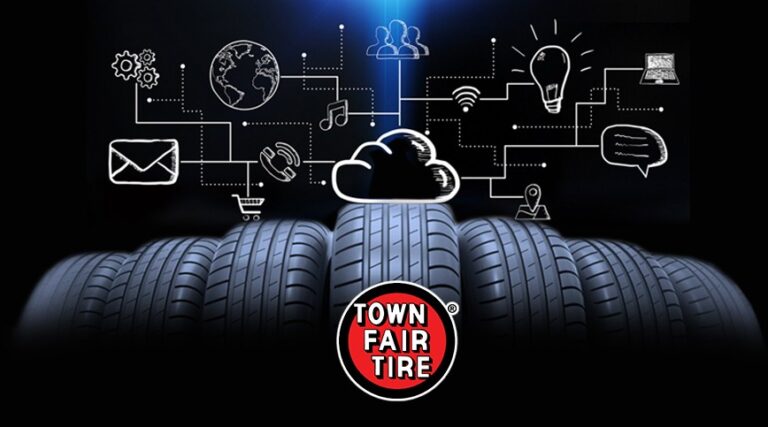Essential Car Maintenance Tips for a Safe and Smooth Ride
Introduction
Maintaining a car can seem daunting, but with a few essential tips, you can keep your vehicle running smoothly and safely. Regular maintenance not only extends the life of your car but also ensures safety for you and your passengers. Utilizing timely engine oil change services is a fundamental part of this process. With these proactive steps, you can avoid unexpected breakdowns and costly repairs. Let’s explore some basic car maintenance tasks that every vehicle owner should know to keep their car in top-notch condition.
Regular Oil Changes
One of the most critical maintenance tasks is getting regular oil changes. Clean oil is essential for lubricating the engine and preventing wear and tear. Engine oil reduces friction and ensures all engine components move smoothly. Over time, oil can break down and become less effective at lubricating the engine. Changing your oil every 3,000 to 5,000 miles is recommended, depending on your vehicle and driving conditions. This crucial task is necessary to avoid engine damage, decreased fuel efficiency, and even total engine failure.
Checking Tire Pressure and Tread
Properly inflated tires are critical for safety and significantly affect fuel efficiency. Under-inflated tires can cause your car to consume more fuel, while those over-inflated can wear out unevenly. Additionally, regularly checking your tire tread is vital for maintaining good traction on the road. Bald or worn-out tires can be particularly hazardous during adverse weather conditions like rain or snow. Tire-related crashes are one of the significant hazards on the road, so it’s crucial to keep your tires in check. A simple way to test your tire tread is by using a penny. Insert the penny into the tread with Lincoln’s head facing down; if you can see the top of Lincoln’s head, it’s time to replace the tires.
Brake Maintenance
Your car’s brakes are one of the most vital safety features. Regularly inspecting brake pads and rotors ensures they are in good condition and can prevent brake failure. Worn-out brake pads can cause the rotors to become damaged, leading to more expensive repairs. If you notice any unusual noise like squeaking or grinding, or if you feel a vibration while braking, it’s time to get it checked by a professional. Ignoring these warning signs can lead to brake failure and jeopardize your safety. Proper brake maintenance can make all the difference in emergencies, giving you the stopping power you need to avoid accidents.
Replacing Air Filters
Air filters are crucial in preventing dirt and debris from entering the engine. Over time, they can become clogged, reducing engine performance and fuel efficiency. A dirty air filter can restrict airflow to the engine, causing it to work harder and consume more fuel. Changing your air filters every 15,000 to 30,000 miles is recommended, but this can vary depending on your driving environment. For instance, driving in dusty or polluted areas may require more frequent changes. Refer to your car’s manual for specific guidelines on when to replace the air filter.
Fluid Checks
In addition to oil, your vehicle relies on various other fluids to function correctly. These include coolant, transmission fluid, brake fluid, and windshield washer fluid. Each of these fluids plays a specific role in the smooth operation of your vehicle. Regularly check and top up these fluids to keep your car running efficiently. For example, coolant prevents the engine from overheating, while transmission fluid ensures smooth gear shifts. Brake fluid maintains the braking system’s responsiveness, and windshield washer fluid keeps your windshield clear for optimum visibility. Keeping these fluids at optimal levels can prevent potential damage and keep your vehicle running efficiently.
Battery Maintenance
Your car’s battery is the heart of its electrical system, and it should be inspected regularly for corrosion and tested to ensure it holds a charge. Extreme temperatures can affect battery life, so it’s essential to be mindful of seasonal changes. Cold weather can reduce the battery’s cranking power, while hot weather can cause the battery fluid to evaporate. Clean any corrosion from the battery terminals and ensure the connections are tight to prevent these issues. Experts suggest that most batteries must be replaced every 3 to 5 years, but regular maintenance can help extend their lifespan.
Lights and Wipers
Ensuring that all lights, including headlights, brake lights, and turn signals, are functioning correctly is essential for visibility and safety. Faulty lights can reduce visibility and increase the risk of accidents. Regularly check your car’s lights and replace any burnt-out bulbs immediately. Additionally, wiper blades are crucial for maintaining a clear view during adverse weather conditions. Worn-out wiper blades can leave streaks on the windshield, obstructing your view. Replace wiper blades at least once a year or as soon as you notice a decrease in performance. Keeping your lights and wipers in good working condition ensures you can see and be seen, boosting overall road safety.
Final Thoughts
Routine car maintenance can seem overwhelming, but breaking it into manageable tasks can make it more accessible. By following these essential tips and performing regular checks, you can keep your vehicle in top condition, ensuring a safe and smooth ride for years. Remember, a well-maintained car performs better and provides peace of mind, knowing that you’ve taken the necessary steps to ensure its safety and reliability. Whether it’s a simple oil change or a thorough brake inspection, investing time in regular maintenance can save you from the hassle and expense of major repairs in the future.






